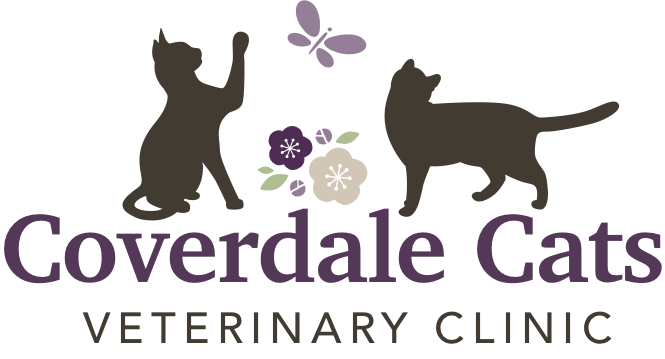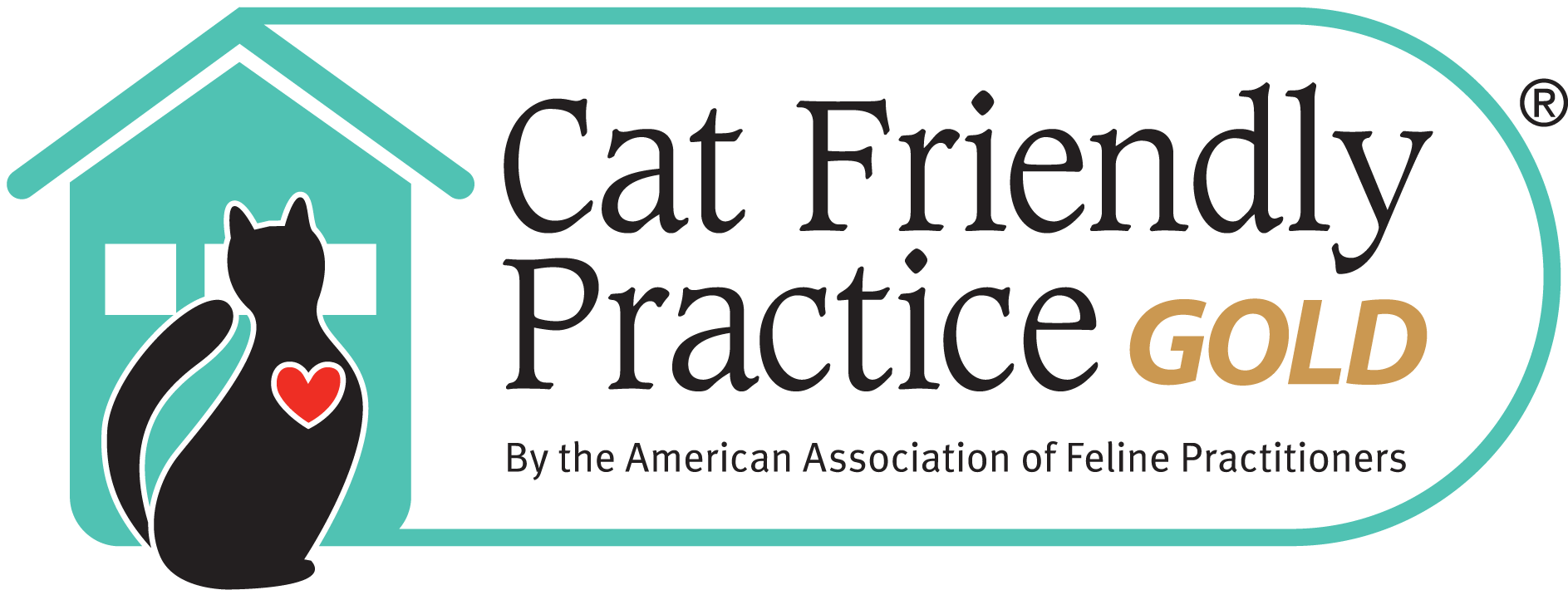Library
-
Traveling with your pet can be fun and safe if you plan in advance by finding a pet-friendly hotel. Knowing what you want in a hotel and what the hotel wants from you can simplify the process. And preparing in advance with your pet in mind can make the trip more enjoyable for you and your furry travel companion.
-
Controlled substances are medications or illicit drugs that affect the central nervous system and have the potential for abuse or dependence, both in humans and in animals. These drugs are often needed to manage pain and other conditions in pets and are relatively safe when used appropriately and under the guidance of a veterinarian. Be sure you understand the risks and responsibilities associated with controlled substance use.
-
But whiskers are more than just facial enhancements. They serve an important function. Whiskers are finely tuned sensory equipment that guide a cat through daily functions. These specialized hairs aid vision and help a cat navigate the environment, providing additional sensory input, much like antennae on insects.
-
Running a veterinary clinic has a lot of overhead and behind the scenes cost that many pet owners aren't aware of. Human healthcare is far more expensive and less efficient than you realize. Plan ahead and take preventive steps to help reduce treating costly problems.
-
Regular preventive health care for your cat can increase the length and quality of her life. Healthcare guidelines are established and kept up to date using the most recent evidence-based recommendations including the recommendation that all cats receive a complete veterinary examination at least once a year or more frequently, depending on their individual needs and health concerns.
-
Pets and people need some zinc in their diets. However, too much zinc can cause serious health problems. The amount of zinc required to cause poisoning depends upon the pet’s size, the form of zinc ingested, and how much was ingested. Some forms of zinc are more readily absorbed than others.


